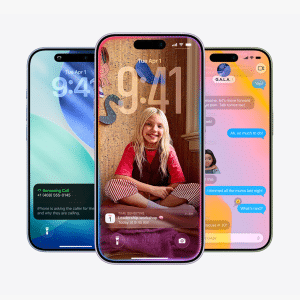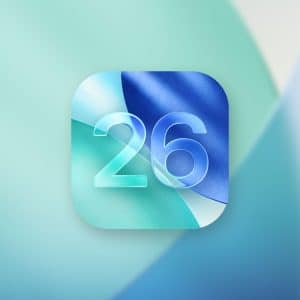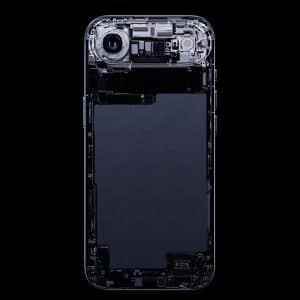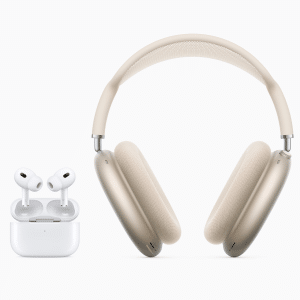CarPlay transforms your car’s infotainment system into an iPhone extension, letting you navigate, play music, or handle calls safely via apps like Maps and Apple Music. The Verge notes that over 80% of new cars in 2025 support CarPlay, but many still use USB-A ports, creating a compatibility gap for iPhone 15 and 16 users. The Beats cable ensures a stable connection, avoiding the lag or dropouts some experience with cheap cables. For drivers, this means safer, distraction-free access to navigation and media, especially on long trips where charging is crucial.
The cable’s release under the Beats brand also signals Apple’s strategy to expand Beats beyond headphones and music streaming. Since acquiring Beats for $3 billion in 2014, Apple has leveraged the brand for iPhone cases and now cables, offering premium accessories at slightly lower price points than Apple-branded equivalents. This move appeals to users who value Apple’s quality but seek more affordable options.
The CarPlay Compatibility Challenge
Apple’s shift to USB-C with the iPhone 15 was a win for universal charging, driven by EU regulations, but it caught drivers off guard. Many vehicles, even 2025 models, use USB-A ports for CarPlay, as wireless CarPlay remains limited to premium brands like BMW and Mercedes, per The Verge. Apple’s initial solution—a $29 USB-C to Lightning adapter—was a stopgap, forcing users to reuse old Lightning cables. 9to5Mac called it “not exactly what CarPlay users were hoping for,” as it added bulk and cost without elegance.
Third-party cables from brands like Belkin or Anker often work, but not all support data transfer, which CarPlay requires alongside charging. Some users reported on Apple’s Community forums that cheap cables caused intermittent connections or failed entirely, risking unsafe distractions while driving. The Beats cable, engineered by Apple, undergoes “thousands of hours of testing” to ensure reliability, per Apple’s site, making it a safer bet for CarPlay’s data-heavy demands.
A Practical Solution with Style
The Beats USB-A to USB-C cable comes in two lengths: a short 20 cm version for tidy dashboards and a 1.5 m version for flexible setups. Its braided design resists wear, addressing common complaints about fraying cables in cars. Available in Bolt Black and Surge Stone, it adds a touch of style, aligning with Beats’ aesthetic. A two-pack option for the 1.5 m version, priced at $34.99, offers savings for users needing spares, like one for home and one for the car.
For tech enthusiasts, the cable’s 15-watt charging speed is sufficient for topping off iPhones during commutes, though it’s not as fast as Apple’s 60-watt USB-C to USB-C cable. Its USB 2.0 data speed ensures CarPlay runs smoothly, supporting real-time navigation and media streaming without lag. Casual users will appreciate the plug-and-play simplicity—no adapters or complex setups required.
Alternatives and Considerations
While the Beats cable is Apple’s “official” solution, alternatives exist. 9to5Mac suggests brands like Anker and Belkin for cost-conscious buyers, with some cables as low as $8. However, users on MacRumors forums warn that not all third-party cables support CarPlay’s data needs, risking spotty performance. Wireless CarPlay adapters, like the Minix CP86, offer another option, converting wired systems to wireless for $50-$100, per Best Buy reviews. These eliminate cables entirely but may introduce slight lag, especially for audio controls, and require phones to avoid other Bluetooth connections.
The Beats cable’s $18.99 price is higher than generic options but competitive with premium third-party cables. Its Apple-backed reliability makes it a compelling choice for those wary of cheaper cables’ inconsistency. For drivers prioritizing safety and seamlessness, the investment is worthwhile, especially with Amazon’s current discount.
Looking Ahead
The Beats cable’s launch reflects Apple’s commitment to smoothing the USB-C transition for iPhone users. As more cars adopt USB-C ports, this cable may become a temporary fix, but for now, it’s a lifeline for millions driving older models. The Verge predicts that by 2027, 90% of new cars will support wireless CarPlay, potentially reducing cable dependency. Until then, Beats’ offering ensures USB-C iPhone owners can use CarPlay without compromise.










